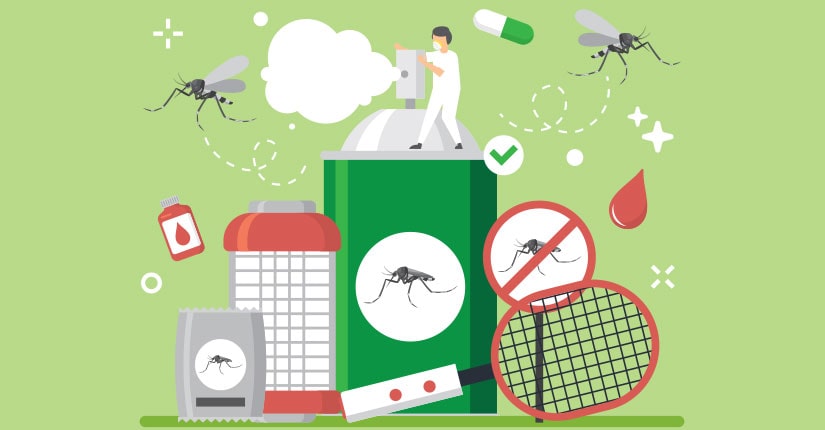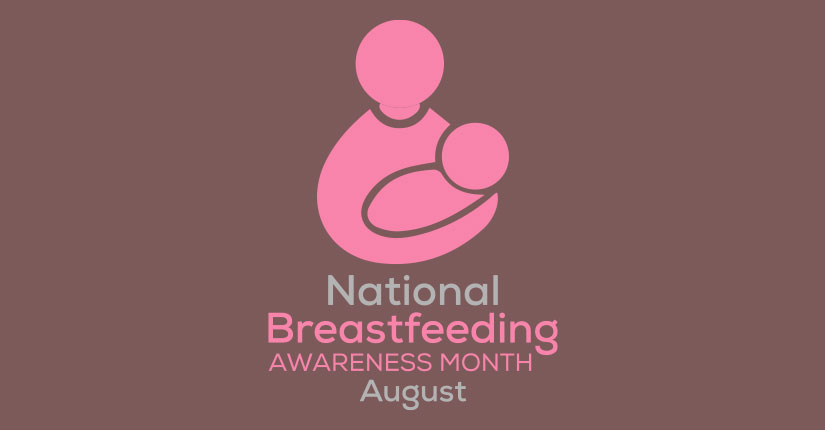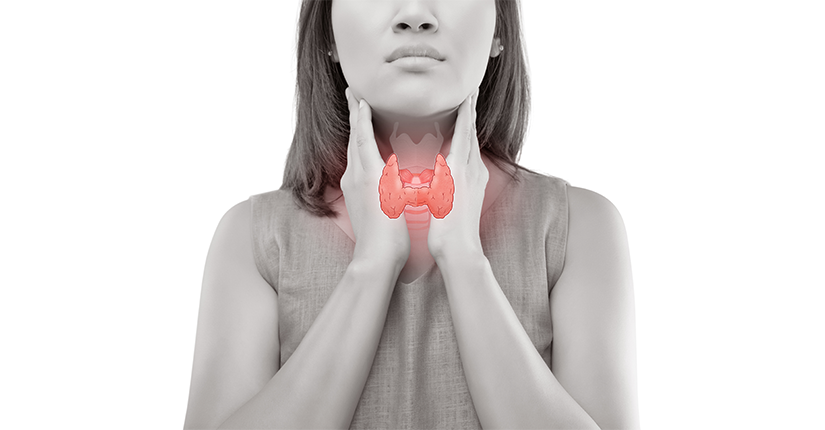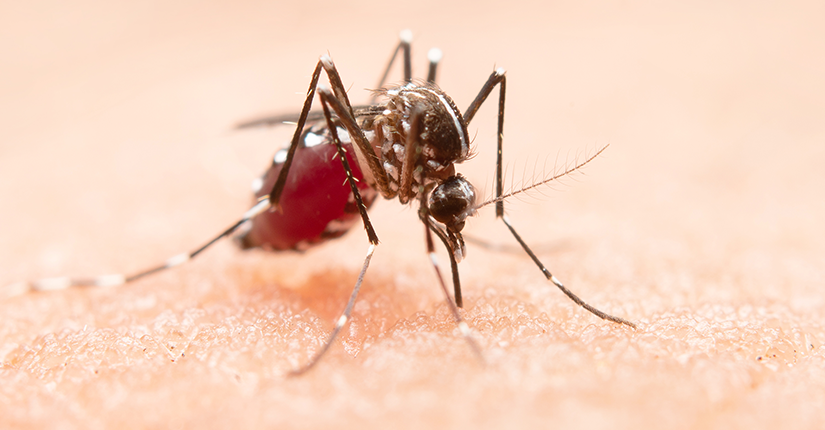A Guide to Breast Cancer every Woman should know
By Nmami Agarwal 11-Oct 2021 Reading Time: 4 Mins
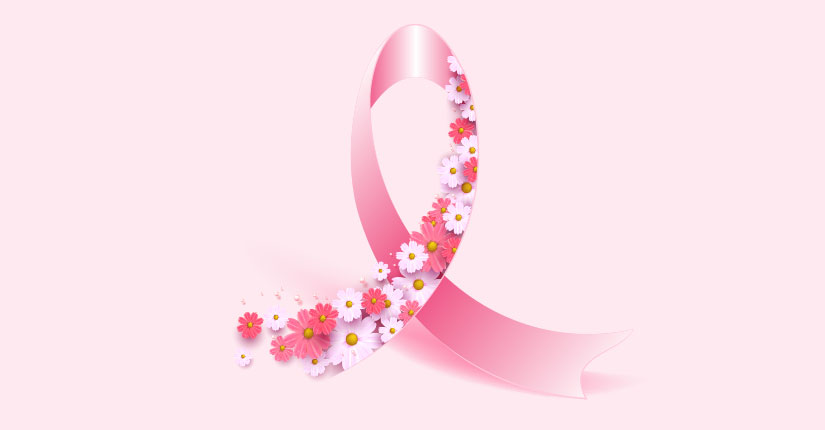
What is Breast Cancer?
Breast cancer is a type of cancer that starts in the breast. Cancer starts when cells begin to grow at an uncontrollable rate. Breast cancer cells usually form a tumor that can often be seen and felt as a lump or can be detected by x-ray. Breast cancer is the most invasive cancer among women and can often lead to death if left undetected.
Symptoms of Breast Cancer?
The first sign of breast cancer usually appears as an area of thickened tissue in the breast or a lump in the breast or an armpit.
Other major symptoms include redness of the skin of the breast, pain in the armpit region or breast, rashes around the nipples, inverted, or sunken nipples, nipple discharge possibly containing blood or change in the shape and size of the breast.
Causes of Breast Cancer?
Cancer causes the cells to multiply rapidly. This excessive cell growth causes cancer because the tumor uses many nutrients and energy and eventually deprives the cells around it. Breast cancer usually starts in the inner lining of milk ducts or the lobules that supply them with milk and from there it can even spread to other parts of the body.
Stages of Breast Cancer?
The stage of breast cancer depending upon the size of the tumor and whether it has spread to other parts of the body.
Stage 0: This stage is also known as ductal carcinoma in situ (DCIS), the cells are limited to within the ducts and have not invaded surrounding tissues of the breast.
Stage 1: The tumor measures up to 2 centimeters across. It has not affected any lymph nodes, or there are small groups of cancer cells in the lymph nodes.
Stage 2: The tumor is now 2 cm across, and it has started to spread to nearby nodes, or is 2–5 cm across and has not spread to the lymph nodes.
Stage 3: At this stage, the tumor is up to 5 cm across, and it has spread to several lymph nodes or the tumor is larger than 5 cm and has spread to a few lymph nodes.
Stage 4: Cancer has spread to distant organs, most often the bones, liver, brain, or lungs, and needs to be treated at the earliest.
Treatments for Breast Cancer?
Treatment of a person depends on the type and stage of the cancer, a person’s sensitivity to hormones, other medical conditions, and their individual preference. The major treatment options include surgery, radiation therapy, biological treatment using targeted drugs, hormone therapy, or chemotherapy.
Over to you:
Early treatment is the key to a high survival rate for breast cancer. Following a healthy lifestyle, getting timely screenings, and taking any preventive measures your doctor recommends can help reduce your risk of developing breast cancer.







